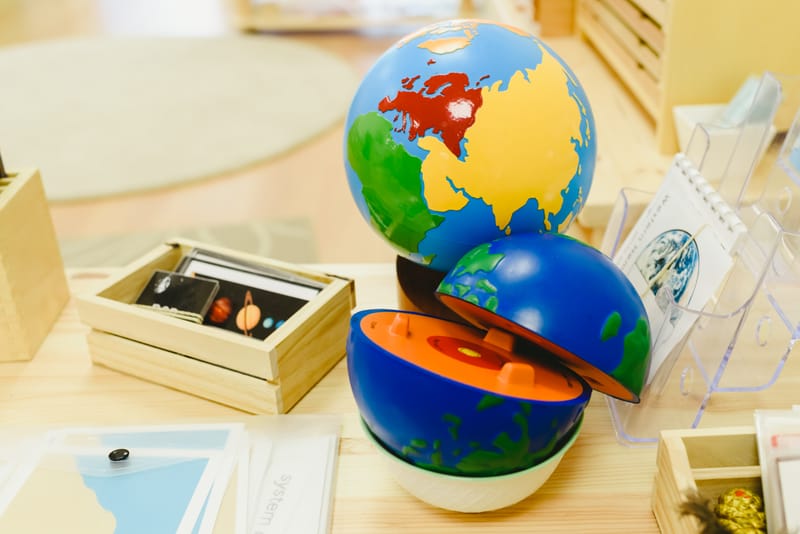How Does Montessori Approach Religion

How Does Montessori Approach Religion
Throughout the world there are individuals, schools, childcare and aged care centres that apply the Montessori Method. They are located in a wide range of cultural and socio-economic settings. Montessori is fundamentally a method of education and as such can be implemented in a variety of educational settings including public schools, independent schools, religious schools, preschools and long day care centres. In recent years it has been applied as a method for reablement and support of people who are aging or perhaps living with dementia or traumatic brain injury. Both religious and secular care centres use this approach because of its person centredness and recognition of the personhood of every human being.
The Montessori approach to education and care has at its centre love for all people no matter the faith or creed by which one lives. Dr Montessori was born into the Christian (Catholic) tradition and much of her writing assumes the existence of a God with whom all people can connect and experience a personal relationship. As she travelled the globe her spiritual journey took many twists and turns, through humanist beliefs and eastern religion. She returned to her Christian faith after a lifetime of studying the development of the human being.
Montessori applied a scientific method to her study of human development and her discoveries led to a better understanding of the personhood of the child and the importance of supporting the child’s development with respect for their unique characteristics revealed from birth to 24 years of age. Personhood relates to the innate value of a human being. This perspective allows the Montessori approach to be applied throughout life into old age.
The Montessori approach is successfully applied to support a person, birth through adult, to explore and understand their spiritual nature and religious practice within their community. For this reason, it is applied across all continents in a variety of religious contexts. Depicted in the Fundamental Human Needs chart, a resource used extensively by children in Montessori schools, Dr Montessori proposed that fundamental human needs could be categorised as, material (shelter, food, clothing, transportation, defence/safety, communication) and spiritual (love, spirituality/religion, culture including the arts & music, and adornment). Montessori environments designed to aid the life of a person should also be designed to meet these needs.
In secular Montessori schools, religion is looked at from a cultural and sociological point of view. Children are invited to explore the cultures throughout the world and can see that there are many different religions. Many of these schools celebrate holidays, such as Christmas, Hanukah, and Chinese New Year, which are religious in origin, but they are experienced on a cultural level as special days of family feasting, merriment, and wonder.
In religious and faith-based schools the Montessori curriculum is freely extended to help the children understand the basis of the particular religious culture of the school or centre. The aim of the approach is to support the child to discover the spiritual truths for themselves by being guided in a specially prepared environment that provides age-appropriate learning materials that allow practical exploration and stimulation of thought.
Montessori schools may be independently owned/operated, Public/State, or faith based. As such, it is up to the individual school/centre to determine its own policies regarding religious education, spiritual beliefs and holiday practices.
Regardless of religious persuasion (humanist, Christian, Muslim, Buddhist, Hindu, etc), the Montessori approach encourages and supports the child to journey toward being fully alive and to achieve their potential, spiritual, physical, intellectual, psychological & social. In the words of Maria Montessori “The problem of religious education, the importance of which we do not fully realise, should be solved by positive pedagogy……To deny, a priori, the religious sentiment in man, and to deprive humanity of the education of this sentiment, is to commit a pedagogical error…”(Maria Montessori, The Montessori Method).
References:
Montessori M, The Montessori Method, 1964, Schocken Books, New York.
Maria Montessori, Fundamental Needs of Humans Chart